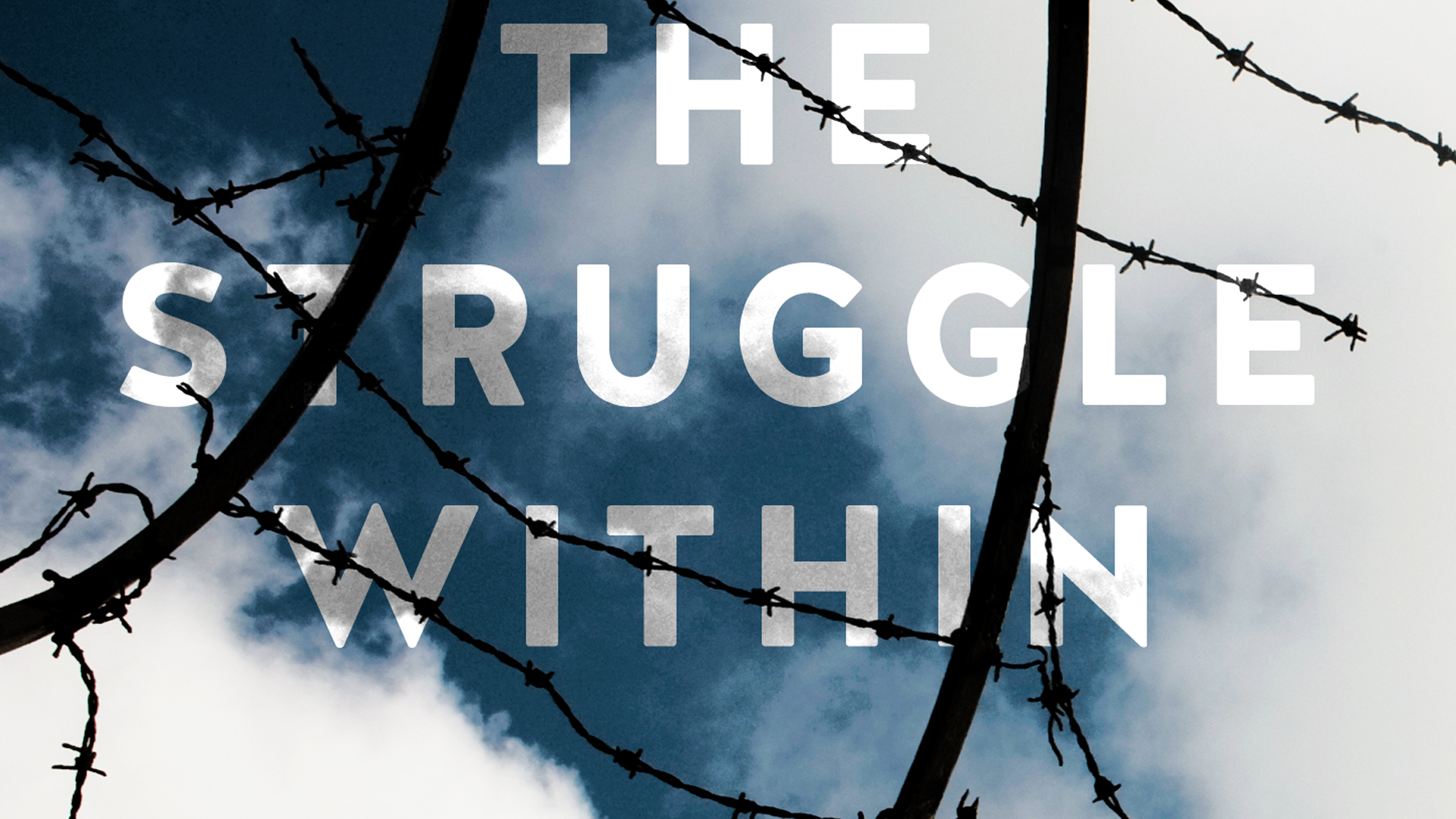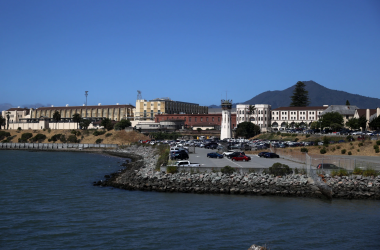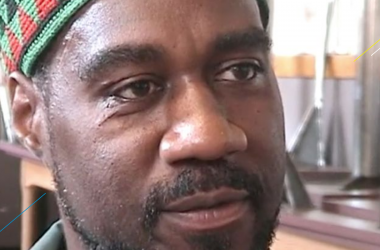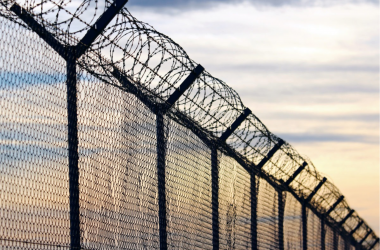By Dan Berger and Angélica Cházaro
The Seattle Times
March 20th, 2014
MORE than 700 people detained at the Northwest Detention Center in Tacoma began a hunger strike on March 7 in protest of their conditions. Those still reported to be on hunger strike are on medical watch and have been threatened with force-feeding if they continue to refuse food. According to their attorneys, participants have experienced other reprisals for the strike, including solitary confinement and threats to their asylum efforts.
In a public statement, the hunger strikers demanded an end to deportations and the separation of families. They also demanded better food, medical care and wages for work inside the facility (they currently receive just $1 a day for their labor), and an end to exorbitant commissary prices. Detainees pay $8.95 for a bottle of shampoo and $1 for a single plastic plate.
These problems are not limited to federal detention centers. Along with people being held in local jails and state and federal prisons, the detainees have launched what may be the most urgent human-rights movement in our country today. Just this week, a New York inmate died on Rikers Island when his jail cell overheated.
The U.S. prison system is the largest in the world. With 5 percent of the world’s population, we have 25 percent of the world’s prison population. Sentences are longer and conditions harsher than at many prisons throughout the world.
The use of long-term solitary confinement — where some 80,000 Americans now spend 23 or 24 hours a day without human contact and are often denied adequate nutrition, reading material or visits with loved ones — has sparked a growing series of lawsuits, legislative hearings and demonstrations.
In California, prisoners have staged a series of hunger strikes since 2011. At its height in the summer of 2013, 30,000 people in prisons around the state refused food.
Similar to the Tacoma detainees’ demands, the California prisoners call for an end to group punishment and for prison officials to follow United Nations protocols on the use of solitary confinement as well as adequate food. Similar smaller hunger strikes have occurred in prisons in Ohio, North Carolina, Illinois and Virginia since 2011.
Deportations have expanded dramatically in recent years. According to the Pew Research Center, the number of deportations has increased from approximately 165,000 people a year in 2002 to almost 400,000 people annually for the last five years.
Soon, the Obama administration will have
deported 2 million people, who are processed through a network of
detention centers. By congressional order, these detention centers must
hold 34,000 people on any given day. Many of those facilities are
privately run. The Northwest Detention Center, one of the biggest in the
country, is managed by The Geo Group, a company that describes itself
as the “world’s leading provider” of private prisons and detention
centers.
Such investment in detention and deportation has sparked a
series of efforts among undocumented workers and youth around the
country. The hunger strike in Tacoma follows a two-week hunger strike
that activists, many of them undocumented, staged outside a Phoenix
detention center starting Feb. 24. This week, citing Tacoma as
inspiration, migrants in the Conroe, Texas, detention center launched a
hunger strike.
Nonviolent civil-disobedience actions have prevented deportations in 16 cities around the country, including at the Northwest Detention Center in Tacoma days before the hunger strike began.
Such activism has prompted a series of legislative
hearings, judicial rulings and conversations about long-term isolation,
mass incarceration and the force-feeding of detainees. Still, there is
much work to be done. While the United States may like to be a world
leader in human rights, its routine practices of confinement violate
both international standards and human decency.
We do not often look
to prisons and detention centers to understand the social and political
needs of our generation. But we should. Some of the most passionate
advocates for fairness, justice and human rights are incarcerated.
Dan Berger, a historian of activism, teaches ethnic studies at the University of Washington Bothell. Angélica Cházaro, an immigrant-rights attorney, teaches at the University of Washington School of Law.




